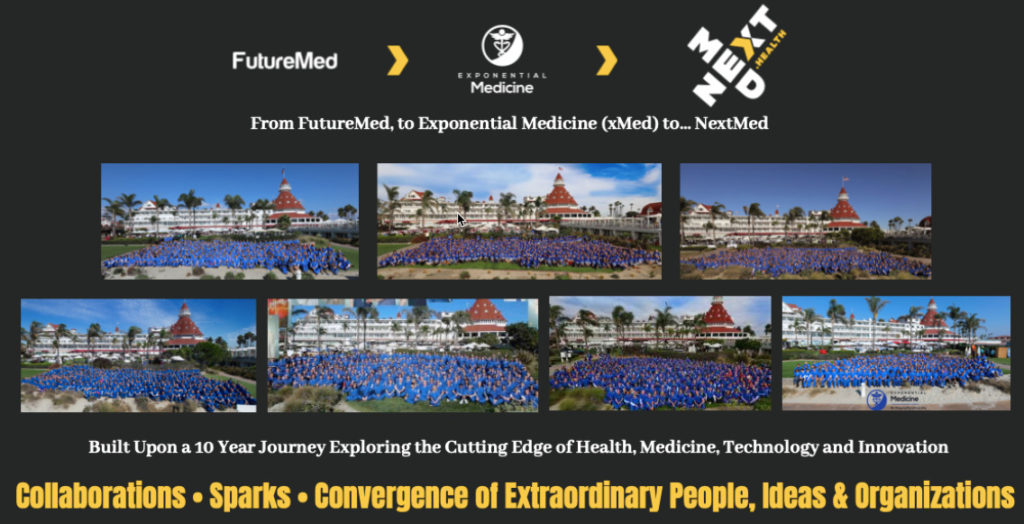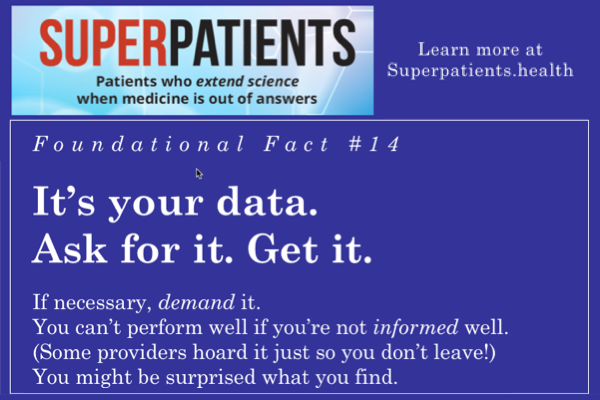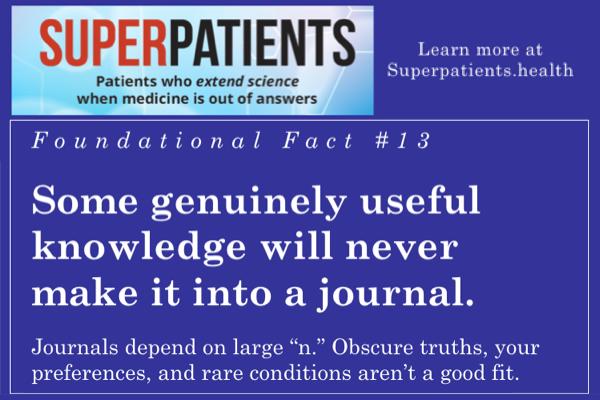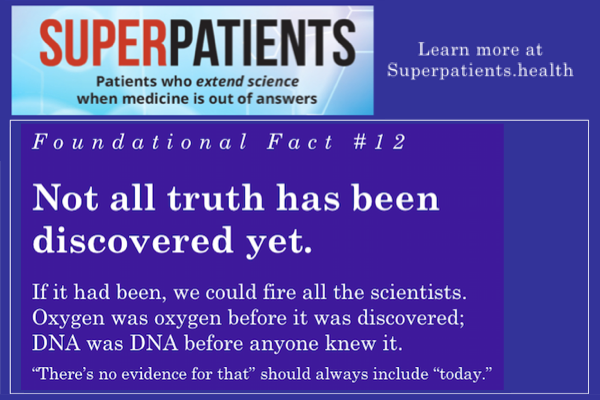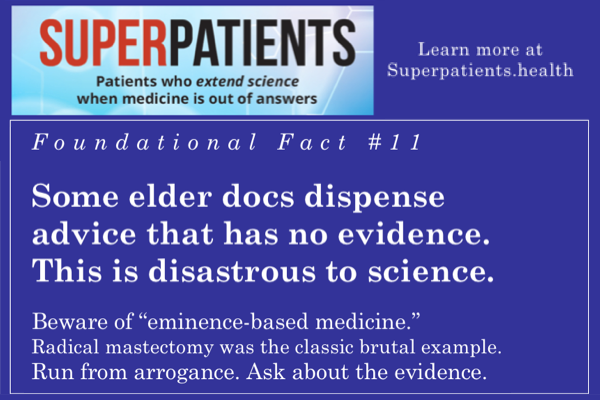A quarter century ago, in the early years of the Web, a seminal book was published by four marketing wizards: The Cluetrain Manifesto: The End of Business as Usual. Its central point was that the internet was going to completely change marketing, because it made information flow freely, to and between consumers. Importantly, it consisted of 95 theses, patterned explicitly after the 95 theses Martin Luther nailed to the cathedral door in Wittenberg, Germany in 1517.



